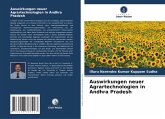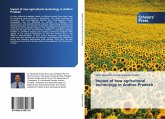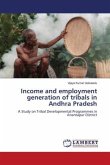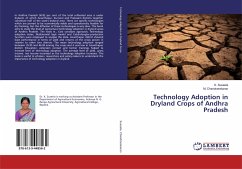
Broschiertes Buch
17. Dezember 2024
Verlag Unser Wissen

Broschiertes Buch
2. September 2017
Scholar's Press
Broschiertes Buch
17. Dezember 2024
Editions Notre Savoir
Broschiertes Buch
17. Dezember 2024
Edições Nosso Conhecimento
Broschiertes Buch
17. Dezember 2024
Ediciones Nuestro Conocimiento
Ähnliche Artikel

Broschiertes Buch
Eine Studie über Entwicklungsprogramme für Stammesangehörige im Distrikt Anantapur
22. Mai 2023
Verlag Unser Wissen

Broschiertes Buch
A Study on Tribal Developmental Programmes in Anantapur District
5. September 2022
LAP Lambert Academic Publishing

Broschiertes Buch
Issledowanie programm razwitiq plemen w okruge Anantapur
22. Mai 2023
Sciencia Scripts

Broschiertes Buch
5. März 2019
Scholar's Press

Broschiertes Buch
20. März 2019
LAP Lambert Academic Publishing

Broschiertes Buch
Um estudo sobre programas de desenvolvimento tribal no distrito de Anantapur
22. Mai 2023
Edições Nosso Conhecimento

25,99 €
Versandfertig in 6-10 Tagen
Broschiertes Buch
Uno studio sui programmi di sviluppo tribale nel distretto di Anantapur
22. Mai 2023
Sciencia Scripts
Ähnlichkeitssuche: Fact®Finder von OMIKRON
